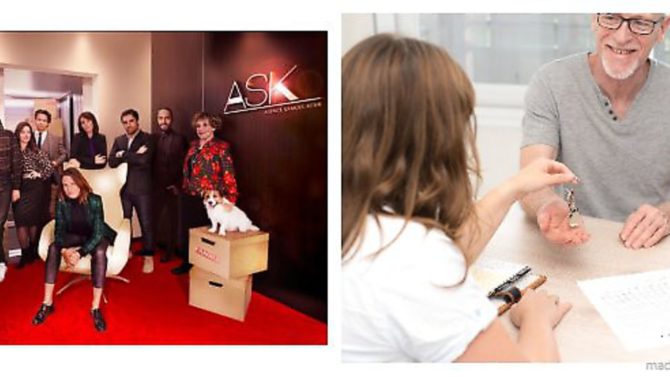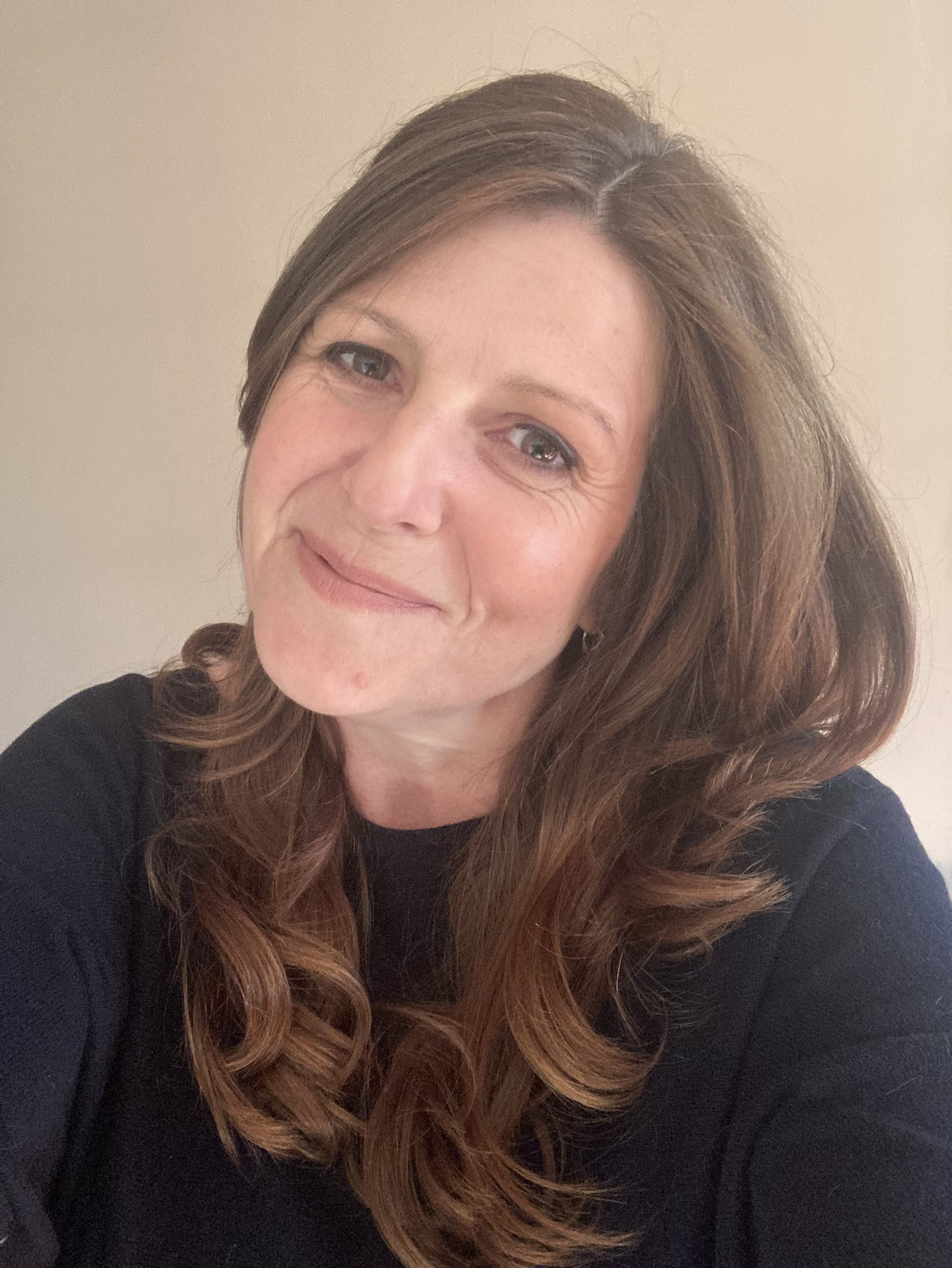Call my agent!


7 ways to build a successful relationship with your French property agent- take inspiration from the hit French Netflix series ‘Call my agent!’ to get the red carpet treatment from your estate agent

The hit French Netflix series ‘Call my agent!’ may be all about the glamorous world of TV and film rather than estate agencies, but the relationship between agent and actor has plenty of similarities to that between agent and home buyer/seller. Not least of which is honesty and transparency being key to avoid any misunderstandings – as the TV series shows to very entertaining effect!
Perhaps the secret to the series’ success, certainly one of them, is its winning combination of comedy and drama – both of which can feature in a French property hunt too. I haven’t yet reached the last series (or will there be a series 5?) so still have to discover if it has a happy ending. But to ensure your property purchase or sale ends well, and to make sure you and your agent are on the same page, follow these essential tips.
1) Don’t be a diva!
In the series, the agents are at the beck and call of their actors and actresses, but if you try calling your estate agent at 3am demanding their attention, you might be disappointed! As in all things, politeness and manners go a long way towards achieving your aim.
Note too that there are cultural differences between the way French and UK agents do their jobs. In France, they’re unlikely to tell you the actual address of a property, for example, which can seem strange to British buyers who are used to being able to do a drive-by before they officially view a property. However, if you get annoyed and start demanding to know exactly where a property is situated, it’s unlikely to go in your favour.
2) Dix pour cent
In France the series is called ‘Dix pour cent’, referring to the 10% agency fee charged to the actors. Just like all those famous names, you too will have to pay your dues. French estate agencies are free to set their own fees but they generally average around 5% of the purchase price. Check at the start whether the seller or buyer is liable for agency fees.
While we’re on the subject of 10%, this is usually the amount of the deposit, paid by the buyer after signing the initial sales contract. This can be paid to the notaire or your agent, provided they have a protected client or escrow account (never pay the vendor direct).
3) Know when to stop acting
If you really like a property, you may be tempted to downplay it in front of your agent or the vendor, in case you appear too keen and lose your negotiating edge. But ultimately, you need to be honest with your agent and let them know if you’re seriously interested in a property. Although the agent is contracted to the seller, they will want the buyer to get a good deal too, and will have a good understanding of where the ideal price for both will lie.
Sometimes, of course, there are times when a little pretence can be an act of kindness. For example, when your preference is for clean-cut contemporary interiors and a vendor is proudly showing you their over-the-top 1990s DIY décor…
4) Just ASK
The agency in the hit series is called ASK (Agence Samuel Kerr) after its founder – which happens to be good advice too. If you’re unsure of any aspect of the process, just ask your agent. Don’t worry about not knowing all the details or procedures, and remember, no question is too silly to ask. It’s better to find out things earlier in the process, rather than when it may be too late.
Most agents will be more than happy to answer your queries, so make the most of their knowledge, whether asking for details about a property, information about the local property market or what an area has to offer. In fact, estate agents in France, especially those who specialise in dealing with Brits and other overseas buyers, will often go above and beyond to assist their clients. This may extend to helping with legal and currency services, translation, providing contacts for builders if needed, and helping set up utilities and bank accounts.
5) Exclusive relationship
In Call my agent!, relationship problems underly many a great storyline. In true French fashion, affairs of the heart (and rather more besides) are as much a part of everyday life as a baguette for breakfast.
Over in the French property world, sellers can choose to have a monogamous relationship with their agent – in which case they sign a ‘mandat exclusif’ – or play around with several. This explains why you’ll sometimes see the same property advertised at different prices – the various agents may value it differently and their agency fees (if included in the sale price) may vary too.
6) Sign on the dotted line
Contracts are everything between an agent and their client, so make sure you understand what you’re signing. As a buyer, before you even view a property, your agent may ask you to sign a ‘bon de visite’. This simply shows that they have introduced you to the property, to prevent you going direct to the vendor (or another agent) later on and avoiding their fees.
Once a price has been agreed, the buyer and vendor sign an initial sales agreement (usually called the ‘compromis de vente’), which is legally binding after a 10-day cooling-off period for the buyer. Many agencies have their own standardised ‘compromis de vente’, which is fine to sign. However, if you would like something more personalised, for example with conditional clauses included, it is advisable for your notaire to draw up the contract. The final contract is the ‘acte de vente’, signed again by buyer and vendor, usually around three months after the first contract, and supervised and witnessed by the notaire.
7) Stars of the silver screen
Your name may not be up in lights at Cannes, but the small screen may prove crucial to your property hunt. Over the past year, agents have had to adapt to new ways of showing their properties, and with Covid travel restrictions in place, virtual viewings have become more common.
These can vary from a video of the property to a live walk-through with the agent, and while you may not get the feel of a property in the same way as actually being there, it can ensure your property search doesn’t stall. Bon chance!
Don’t miss:
5 reasons to buy a French property on Lupin’s Alabaster Coast
Share to: Facebook Twitter LinkedIn Email


